'Beatles Quarter masterplan' proposed by Liverpool City Council
- Published
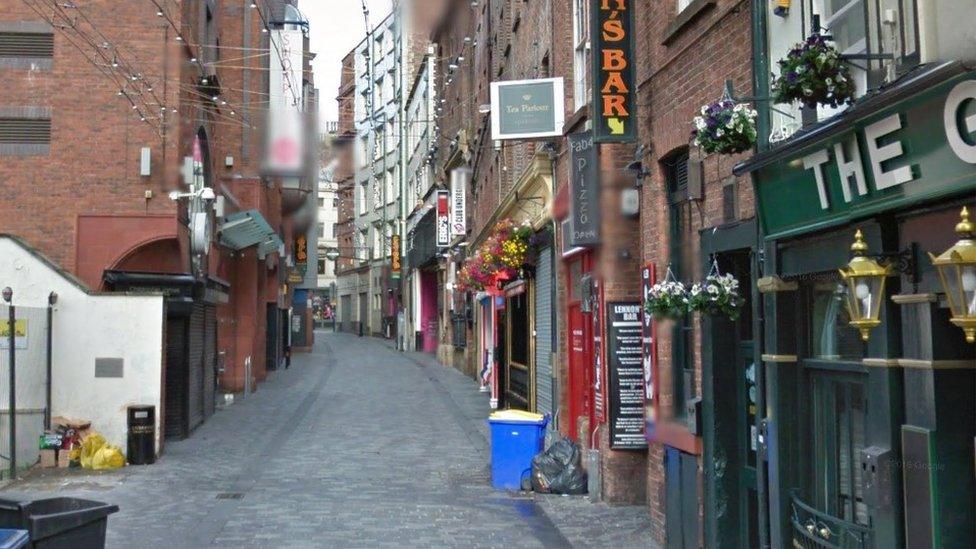
The mayor said the area needed an "enhanced and more co-ordinated Beatles tourism offer"
A "masterplan" to boost Liverpool's "Beatles Quarter" is to be created.
Liverpool City Council is proposing a regeneration area around Mathew Street, where the Cavern Club - which hosted the band's early shows - once stood.
The aim was to bring an "enhanced and more co-ordinated Beatles tourism offer" to the area, the council said.
City Mayor Joe Anderson said there was a need to improve the area's 24-hour appeal as the current offer was "not at the level it could and should be".
The plans could involve the redevelopment of derelict and under-used buildings and the creation of a "more defined and useable public open space".
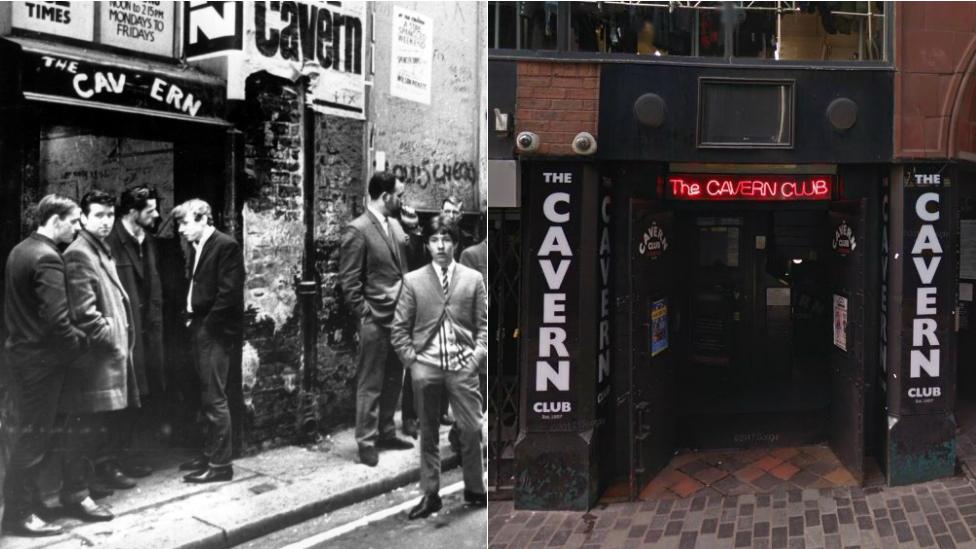
The Cavern Club closed in 1973, but the venue was rebuilt and reopened 11 years later
If approved, the regeneration work would focus on the area from Victoria and North John Street to Lord Street and Stanley Street.
The council said the city's "Beatles-related industry" had been growing at up to 15% annually in the last decade and was worth £90m a year.
A spokesman said Cavern City Tours and the Cavern Club, the venue built on the site of its namesake nightclub using the original plans, now attracted 800,000 visitors a year.
However, a report to the council, external said visitors were "increasingly looking for a quality experiential visit" and there was "a clear need to curate a Beatles Heritage offer".

The Beatles and The Cavern Club
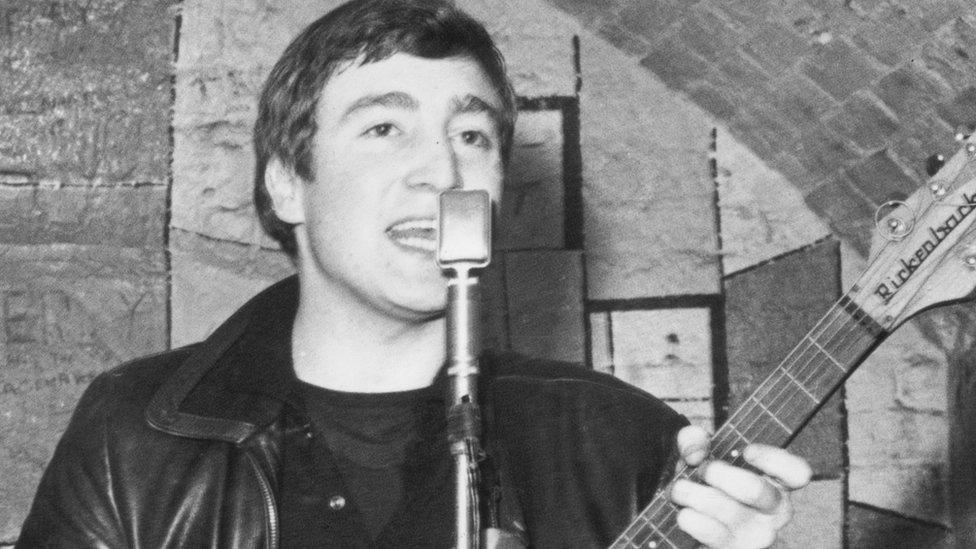
The original Cavern Club opened as a jazz venue in 16 January 1957
The Beatles first performed there on 9 February 1961, though John Lennon, Paul McCartney and Ringo Starr had both previously taken the stage with different groups - Lennon and McCartney with the Quarry Men and Starr with the Eddie Clayton Skiffle Group and Rory Storm and the Hurricanes
The last of the group's 292 performances at the Cavern Club came on 3 August 1963
In 1973, the buildings above the original club were demolished and the club was closed and filled in with rubble. It was later rebuilt using the original plans and many original bricks and reopened on 26 April 1984
Source: The Cavern Club, external

The council spokesman said the plan would include the granting of compulsory purchase powers and be based on the findings of a "scrutiny panel" review of the area.
The alternative "do nothing option" would result in "a missed opportunity to capitalise on the Beatles offer and connect with the wider city music offer", the report said.
Mr Anderson said there was a "unique" chance to "establish an experience no other city can offer and one which will sustain thousands of jobs, for generations to come".
The proposals will go before the council's cabinet on 20 April, ahead of a public consultation in the autumn.
- Published18 February 2017
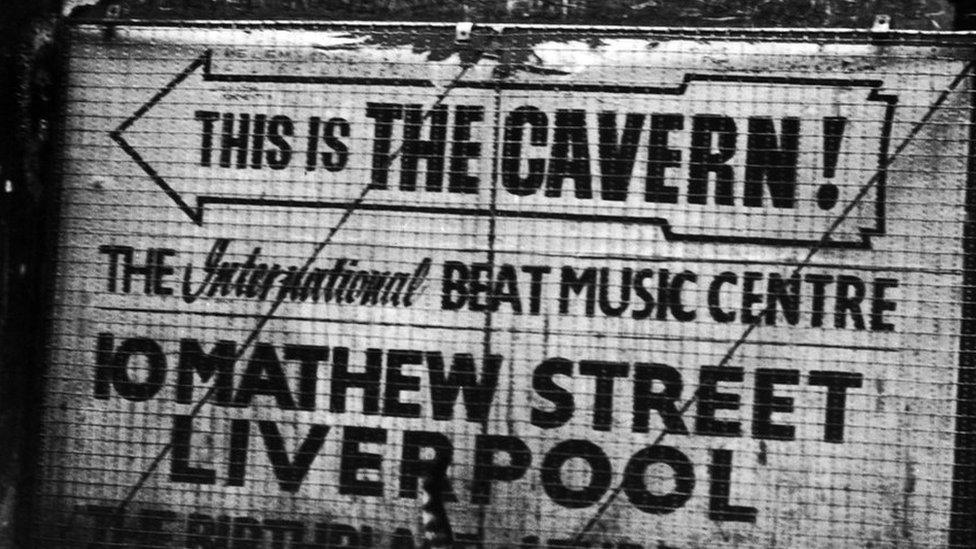
- Published16 January 2017
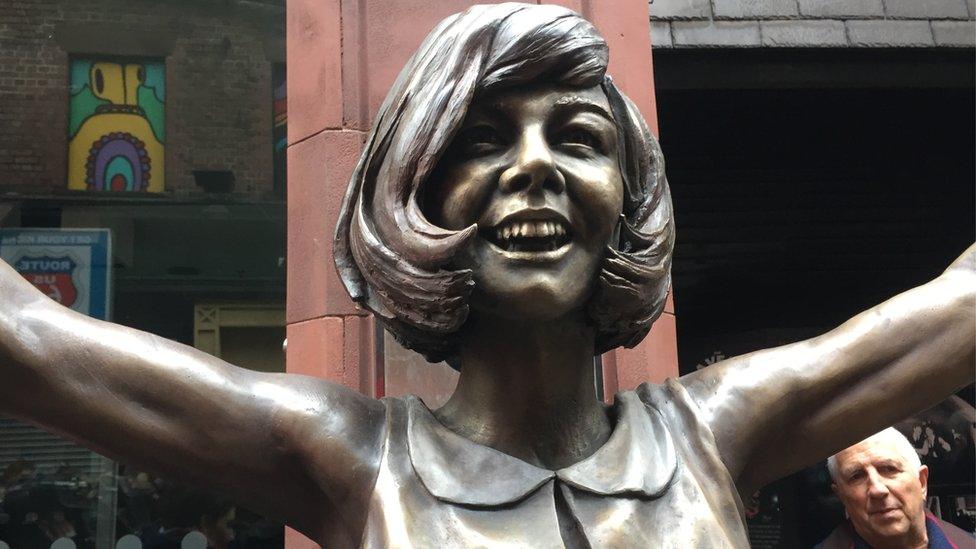
- Published23 February 2016
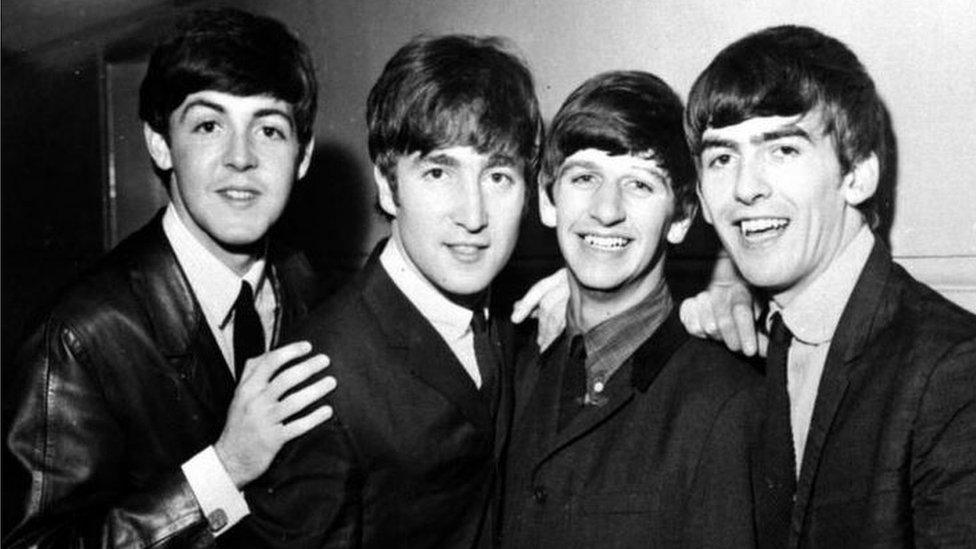
- Published9 February 2011